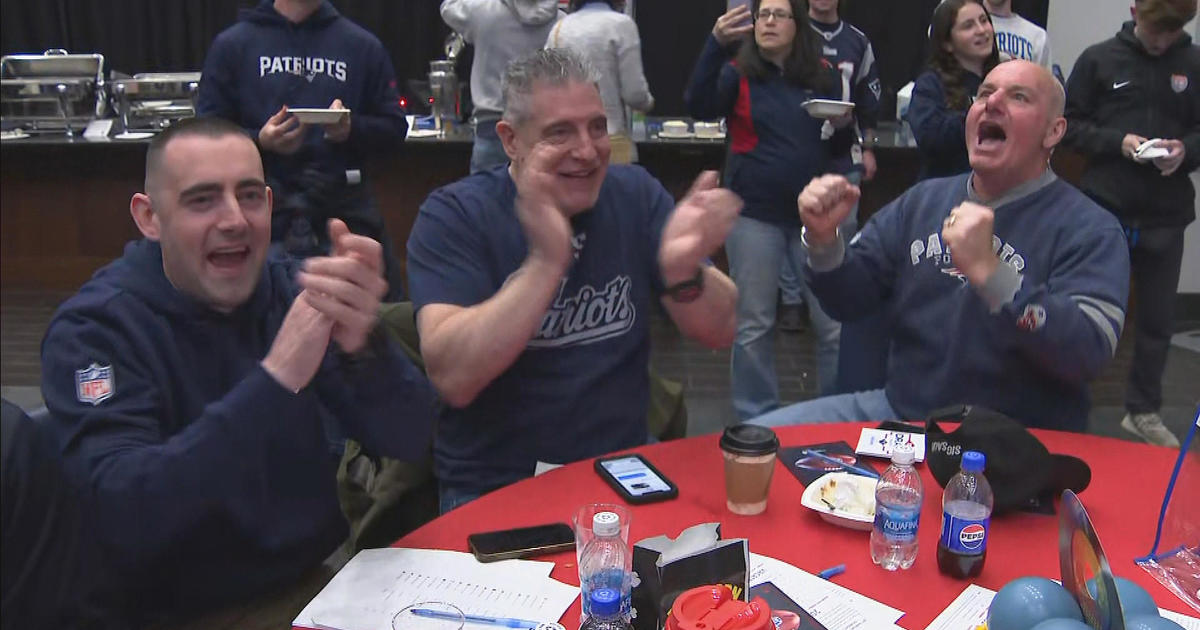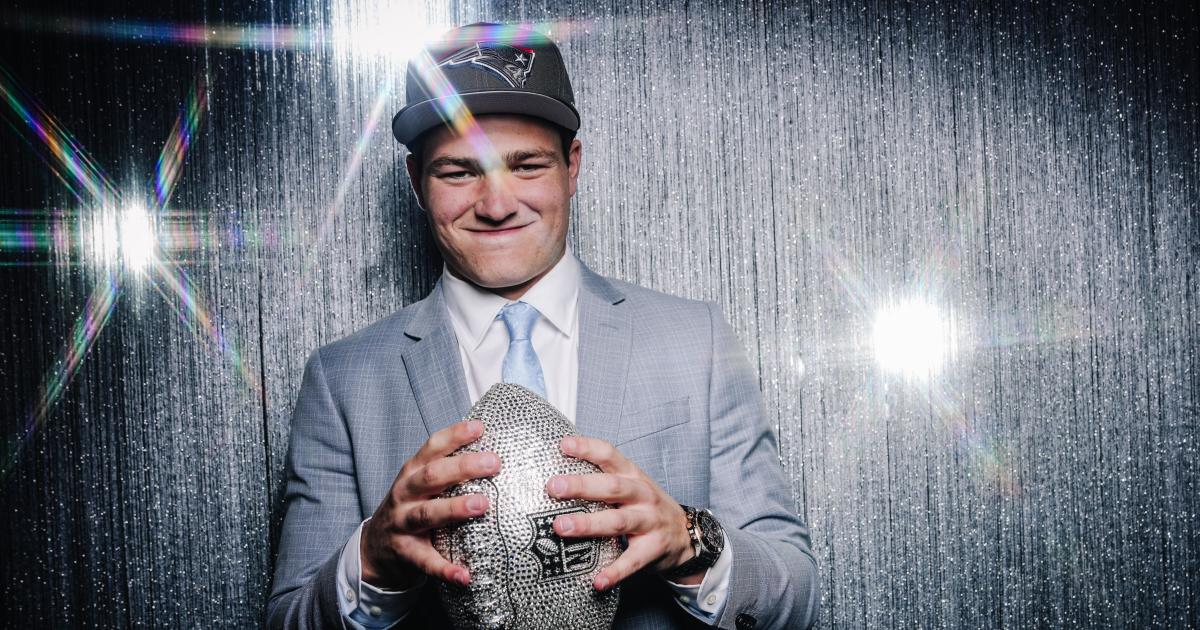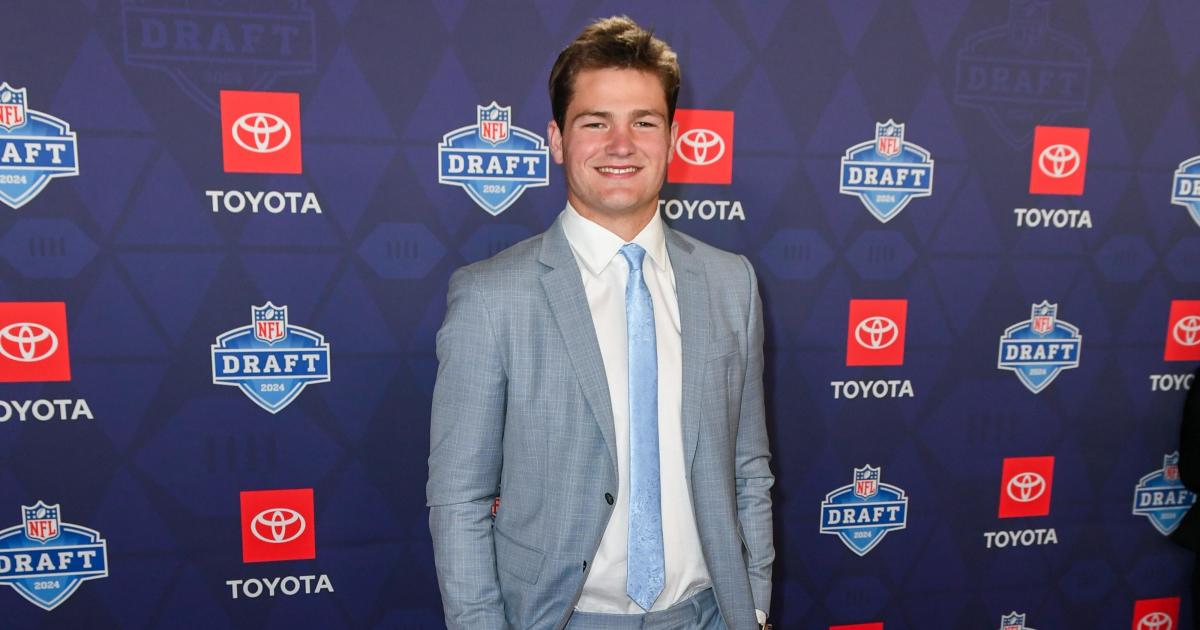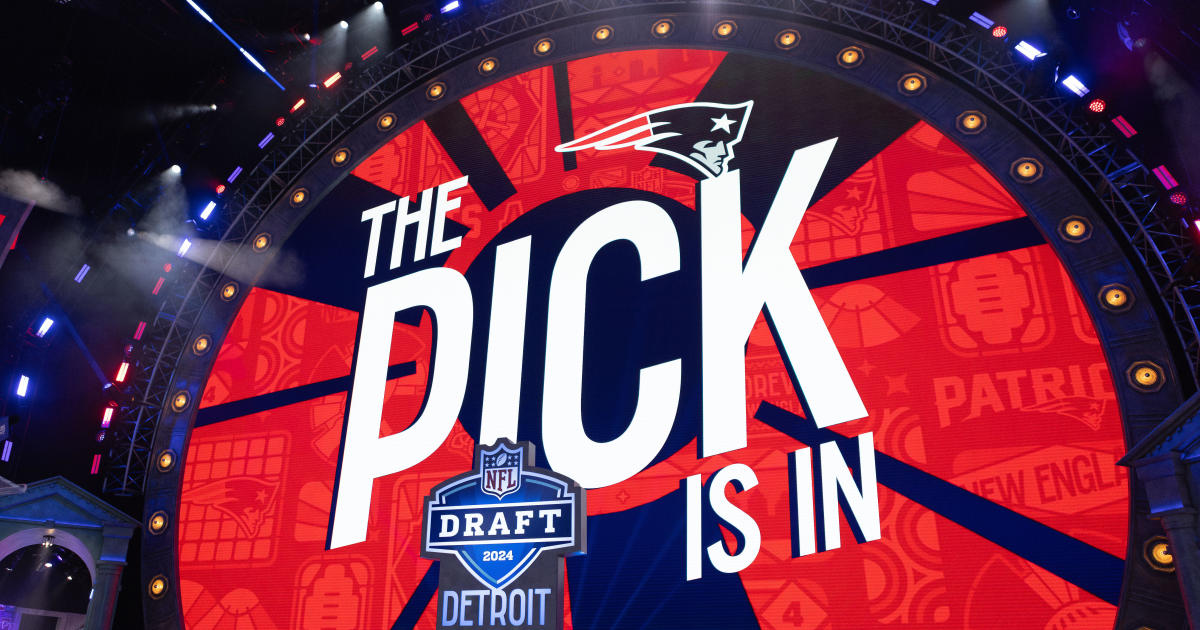Hurley: NFL Assumes Some Guilt For DeflateGate By Introducing New Football-Handling Rules
BOSTON (CBS) -- The National Football League is finally admitting its own role in the "scandal" known as DeflateGate, albeit without stating so directly.
The league will enforce a host of new protocols for the handling of footballs on game day, according to Fox Sports' Mike Pereira.
According to Pereira, the new rules include more officials taking part of pregame inspections, a numbering of each approved game ball, a recorded measurement of each football's PSI, an adjustment to 13.0 PSI for any football that's measured above or below the allowable range, a halftime PSI measurement of the footballs, a switch to the 12 "backup" footballs after halftime, a "random" test of postgame PSI measurements, and an official escort of the footballs to and from the field.
It's also worth noting that now-former NFL referee Bill Leavy was moved into a "supervisory role" this offseason. He was the referee in charge of the footballs the night the Patriots hosted the Jets in October. The Wells report included communications from Patriots staffers which said the footballs that night measured at 16 PSI -- well above the NFL's allowable limit of 12.5 to 13.5 PSI. At the time of the Leavy news, the NFL did not say whether the change was related at all to the Wells report or the October Jets game. Yet given these new changes, it's fair to at least speculate that Leavy was perhaps gently pushed into a new role -- especially given his history of poor performance.
In making these changes to the football protocol, the NFL is admitting that no such attention had ever been paid to the preparation of the footballs. Consequently, it stands to reason that the so-called scandal involving the league's first-ever examination of PSI places some culpability on the league itself -- culpability that previously had only been cast upon Tom Brady and the Patriots organization.
Of course, the league's lax standards wouldn't absolve a Patriots staffer clandestinely ducking into a bathroom to stick a needle into footballs, if that is indeed what happened. But the fact that a number of league employees erred multiple times on Jan. 18 can no longer be questioned.
As for the changes, Pereira deemed them to be a bit drastic.
"Is all of this an overreaction? I think it is, but I think the league has a tendency to do that," the former head of NFL officiating said. "The officials have approximately only six minutes in their locker room at halftime as it is. By the time they get off the field and then have to leave to notify the teams with a two-minute warning to get back on the field, that leaves them hardly enough time to catch their breaths. Now they have to measure 24 footballs at random games. Now instead of officials discussing their performance in the first half and getting ready for the second half, they'll be adjusting PSIs.
"Really? It's come to this? It all has an air of pretentiousness to me."
Putting aside the argument about whether such changes are necessary, the new protocols simply look bad for the league. How can the NFL rightfully issue unprecedented and over-the-top punishment in the form of the docking of a first-round pick, a fourth-round pick, $1 million and a four-game suspension to the quarterback while at the same time admitting that football preparation was an area never before given close attention?
And if Brady's appeal ends up before a federal judge, won't this complete overhaul of the handling of footballs make the league look like it really did not know what it was doing prior to the AFC Championship Game?
At this point in the six-month saga, just about everyone has already made up their minds about what went on, who's guilty, and how punishments should be handed out. But for those who continue to pay close attention, it's clear that this news, combined with the report of multiple NFL owners pressuring "independent arbitrator" Roger Goodell to uphold Brady's suspension, as well as the yet-to-be-explained false leak from the league office about 11 of 12 footballs being 2 PSI under the allowable limit will be awfully challenging for the NFL to defend in court.
Read more from Michael Hurley by clicking here. You can email him or find him on Twitter @michaelFhurley.



